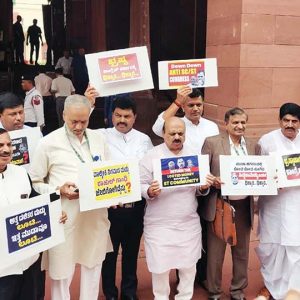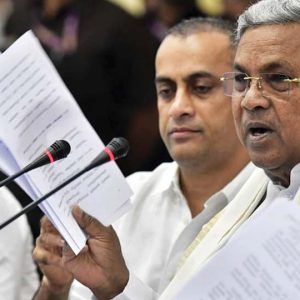Do you use online banking? Why wouldn’t you? After all, it makes it possible to quickly and easily conduct a range of financial transactions on our devices without going into a bank branch.
The advantages of online banking are numerous and undeniable. But have you stopped to wonder: how safe is online banking?
The history of online banking in India
Despite a well-developed tech sector, India introduced online banking later than some other countries.
Computerizing banking was created in the 1980s, and the subsequent growth of online banking has been characterized by rapid evolution.
Customers no longer needed to go to a bank branch. They could do their banking from anywhere at any time.
The UPI (Unified Payments Interface) real-time payments system and mobile banking were launched, bringing banking to a larger number of people.
e-Banking is currently the most used banking feature in India, but – again – is it safe?
What are the online banking risks for Indian customers in 2022?
Scams and malware
As is the case globally, Indian banking customers fall prey to hackers, scams, identify theft, and device infection by malware and spyware. An incident that illustrates this occurred in September 2021 when Android phone banking customers were targeted by Trojan malware that used phishing to steal data.
Security fraud
This threat is less likely because banks take the security of their sites very seriously and put protection in place. However, several case studies show that it does happen. For instance, 2018 saw cyber-attacks on Cosmos Bank when hackers accessed the ATM server. Canara Bank ATMs were hacked using skimming devices. In the same year, SIM swaps allowed hackers to transfer vast amounts of money using online banking.
Cyberattacks
Indian banks and financial institutions, like all others, are susceptible to cyberattacks. This leads to data, reputational, and financial losses. In April 2022 the Indian loans app, CashMama, suffered a significant data breach.
Power outages
The loss of power is an often-overlooked problem. However, without electricity, banking – online and traditional – ceases to function. For example, in October 2020 the financial capital, Mumbai, was affected by a massive power outage. It was not the result of a cyber-attack but the power failure caused massive disruption to financial services and mobile coverage.
According to India’s Minister of State for Electronics and IT, there were a staggering 2,90,445 lakh cyber-security incidents in digital banking in 2020 alone.
You can act to reduce your personal risk of scams, malware, and cyberattacks. The other issues raised above are out of the hands of the individual.
So, what can you do to protect yourself in 2022?
To guard against cyberattacks and scams, you should adopt some measures to protect your data and accounts:
- Install a VPN. It’ll encrypt and protect your data and ‘hide’ your activity online. You can learn more about what a VPN is and decide if you need one.
- Use licensed anti-virus software. Legitimate anti-virus programs will block harmful websites and remove most malware.
- Use strong passwords and change them regularly. This makes it much harder to hack into your accounts.
- Disconnect devices from the internet when they are not in use. Again, this makes hacking into them more difficult.
- Avoid public Wi-Fi as it may not be secure. If you use it, delete your browsing history and temporary files, and log out of everything when you’re finished.
- After you make a transaction, check it against your bank account. This way you can guard against fraud and report any transactions you didn’t make.
- Don’t share sensitive information with anyone. This includes your ATM PIN and passwords for any online accounts. These details allow others to access your accounts and data.
- Avoid phishing by recognizing illegitimate emails and don’t click on suspicious links. No bank will ever ask you for this type of information on the phone or by email.
Unfortunately, individuals can’t do much to reduce the other risks. The impact they have can be seen in specific examples.
What is the future of online banking in India?
The pandemic has resulted in many people who were reluctant to move to online banking being forced to do so. At the same time, the ongoing improvements in security and connectivity continue to make online banking available to a growing number of individuals and organizations.
However, the breaches we’ve discussed, and others that didn’t make it to this article, are a wake-up call to the banking industry and the Indian government.
At a national level, the safety of mobile networks requires improvement, and power supplies must be safeguarded too.
More security is required by the banking sector in the form of:
- Improved encryption.
- Increased access management and control.
- Improving employee training and awareness.
- Monitoring cloud security.
- Formulating disaster recovery plans.
While the Indian government and Reserve Bank are taking further proactive steps to guard against cyber-attacks and power outages, in 2022, this sector needs close attention and more updates than ever.








Recent Comments